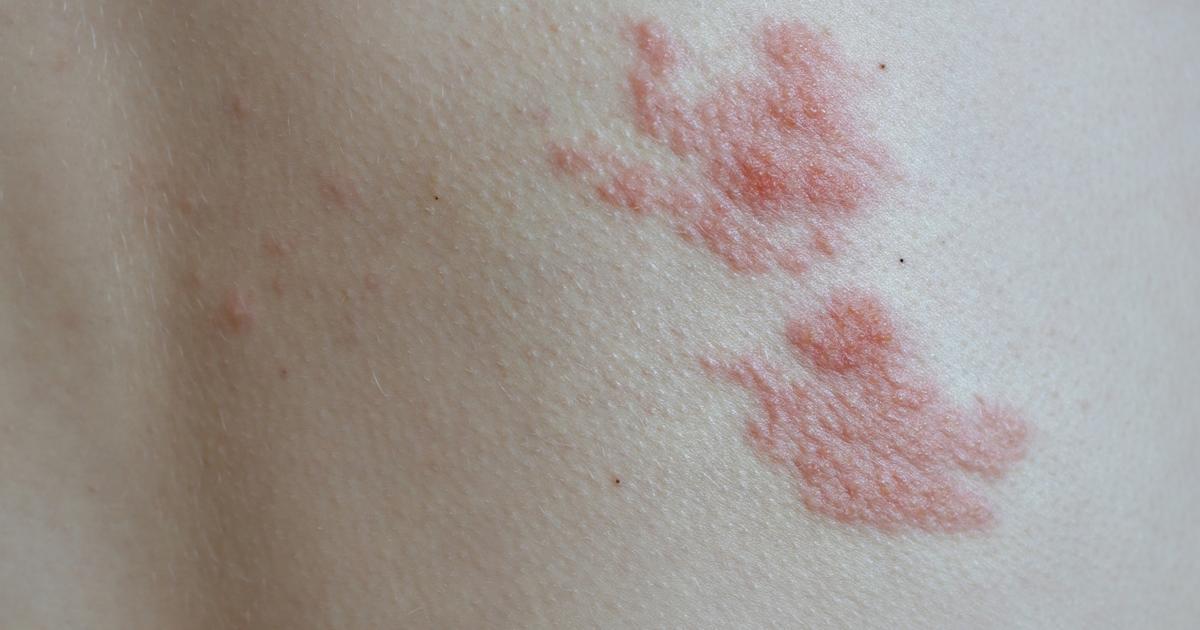Dr. Russell J Keizer MD
Neurologist | Neuromusculoskeletal Medicine, Sports Medicine
2120 Exchange St #203 Suite 200 Astoria OR, 97103About
Dr. Russell Keizer is a distinguished Neurologist in Astoria, OR. Dr. Keizer specializes in diagnosing, treating, and managing disorders of the brain and nervous system. With expertise in handling complex conditions like epilepsy, multiple sclerosis, and migraines, Dr. Keizer employs advanced techniques and personalized treatment plans to improve patient outcomes. As a neurologist, Dr. Keizer is committed to staying abreast of the latest developments in neurological research and therapies.
Education and Training
Or Hlth Sci Univ Sch of Med, Portland Or 1965
Oregon Health & Science University School of Medicine
University of Cambridge School of Clinical Medicine 1965
Board Certification
Orthopaedic SurgeryAmerican Board of Orthopaedic SurgeryABOS
Provider Details
Dr. Russell J Keizer MD's Practice location
Dr. Russell Keizer, MD
2120 Exchange St #203 Suite 200 -Astoria, OR 97103Get Direction
Dr. Russell J Keizer MD's reviews
Write ReviewPatient Experience with Dr. Keizer
Recommended Articles
- Is Shingles Contagious? How Do You Get Shingles?
Shingles is a contagious viral infection that is caused by the varicella zoster virus, the same virus that causes chickenpox. This virus affects a particular nerve section, causing painful rashes on the skin connected to that particular nerve. The rash normally appears in a form of a band on any...
- Top 5 Natural Supplements for Parkinson's Disease
What is Parkinson’s disease (PD)?Parkinson’s disease is a chronic and progressive neurological movement disorder, which means that the symptoms of this disease gradually get worse over time. The exact cause of the disease is still unknown. There is also no cure for this medical condition, but...
- Breakthrough in Parkinson's Disease Research Allows Patients to Sleep During Deep Brain Stimulation
Deep brain stimulation surgery has contributed to an improvement to the quality of life for patients with Parkinson's disease. This brain surgery reduces the patient's symptoms and tremors by inserting electrodes into the brain. The catch? The patient is awake during the 4-6 hour surgery. Under...
- The Importance of Compassion and Nonverbal Communication with Alzheimer's Patients
Communication involves much more than verbal speech and written language. After all, pretty much everyone knows how important things like eye contact, facial expressions, and human touch can be when communicating.However, communicating with people with Alzheimer’s or other forms of dementia can be...
- How Is Stroke Diagnosed?
A stroke is often diagnosed by conducting physical examination tests and studying brain images produced during scans. Your doctor will try to find all the information regarding the symptoms of stroke. In addition, the doctor will carry out a number of tests to ascertain if you have a stroke. The...
- Sleep Apnea CPAP Machines: Full Face Masks, BiPAP, and ResMed S10
What is sleep apnea?Sleep apnea is a serious form of sleep disorder that occurs when a person's breathing is often interrupted while sleeping. The brain and other parts of the body do not get enough of oxygen when sleep apnea remains untreated. There are two main types of sleep apnea:...
Nearest Hospitals
PROVIDENCE SEASIDE HOSPITALl
725 S WAHANNA ROAD SEASIDE OR 97138OCEAN BEACH HOSPITALl
174 FIRST AVENUE NORTH ILWACO WA 98624




